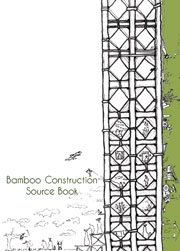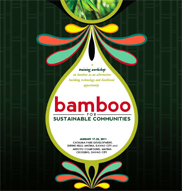 publications
publications

MAY 2017
CAN PROFILE
Size: 48008MB
A COLLECTION OF COMMUNITY ARCHITECTS' WORK ACROSS ASIA
This book collects the community architecture work carried out on the ground by dozens of local groups across Asia: it is the result of a lengthy work of collation of stories, information, pictures, carried out by many people.
This book collects the community architecture work carried out on the ground by dozens of local groups across Asia: it is the result of a lengthy work of collation of stories, information, pictures, carried out by many people.
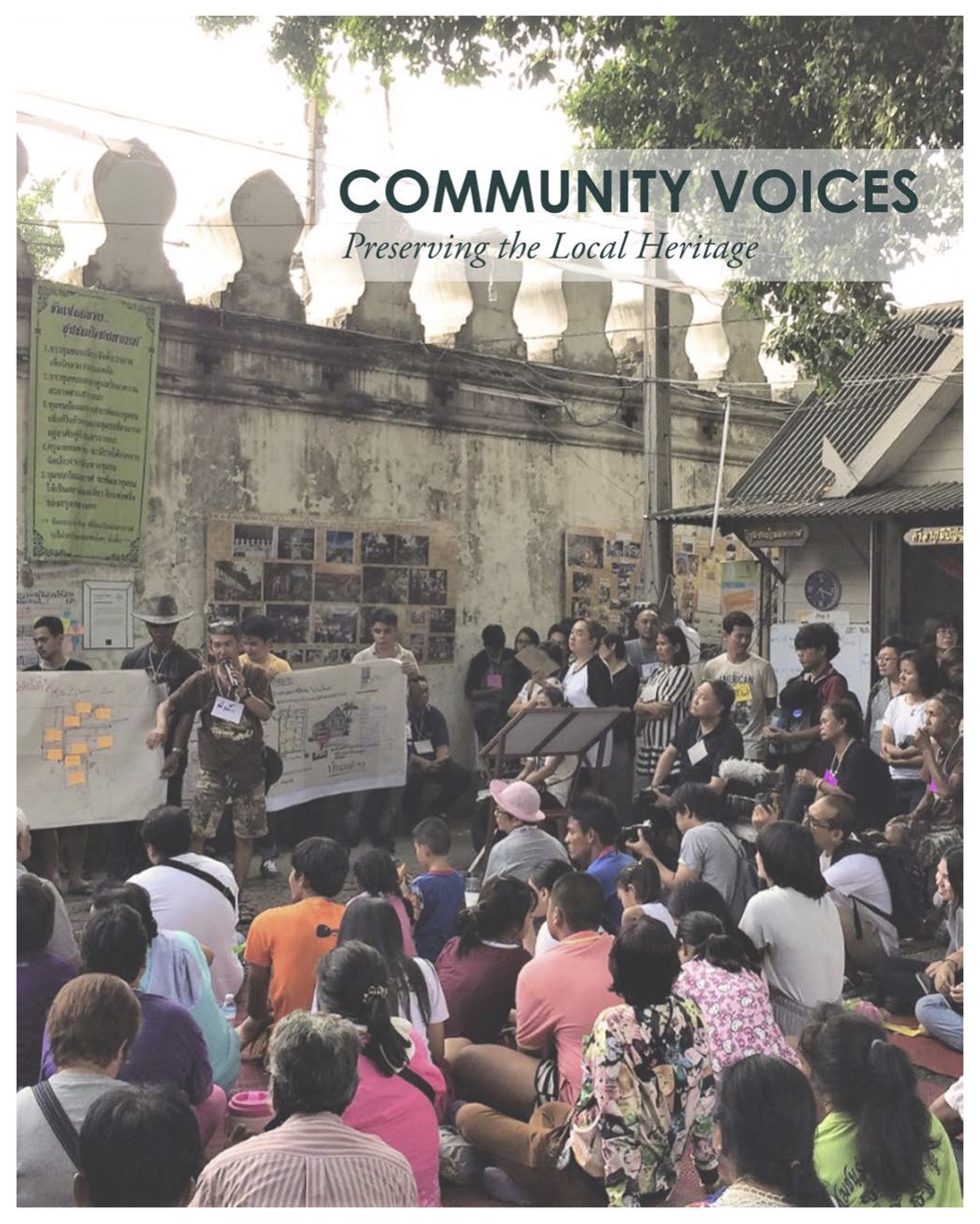
January 2017
Community Voices: Preserving the Local Heritage
Size: 23669MB
"Community Voices" illustrated how to preserve historical sites in Asia by different groups using community-centered approach, where the aim is to safeguard people, places, and public space of the local communities by improving living condition at the same time keeping history, identity and self-respect of the residents.
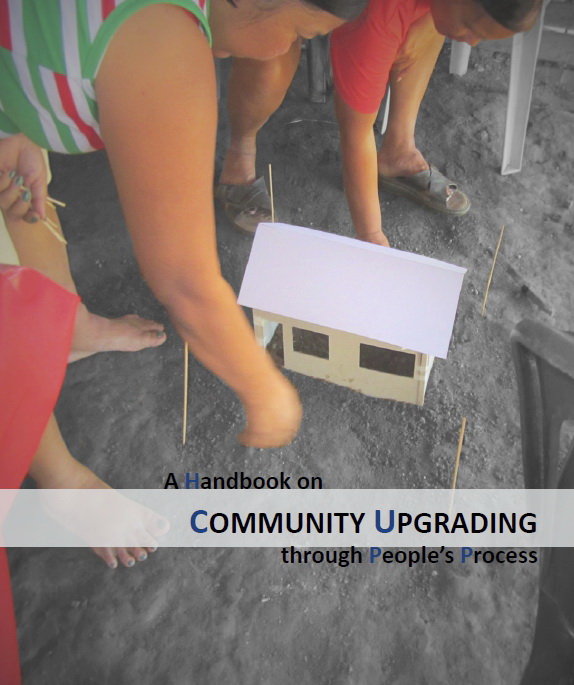
August 2016
Community Upgrading
Size: 7458MB
This community upgrading handbook belongs to a series of ACHR handbooks for housing by people. Experiences and insights of people working for people were compiled while case studies on projects in different parts of Asia were included to represent the numerous processes from which this collective manual for community upgrading was largely based on. This handbook aims to provide technical professionals, community development practitioners and local leaders with practical knowledge and basic skills in facilitating processes in community upgrading.
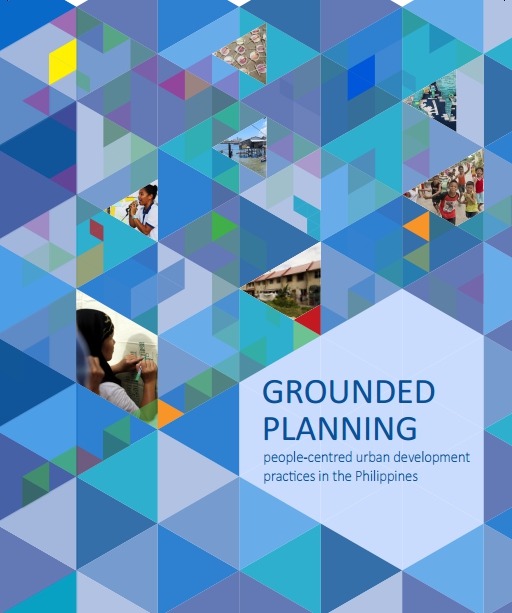
August 2016
GROUNDED PLANNING: People-centred urban development practices in the Philippines
Size: 6711MB
This output is a result of the Phase II Junior Professional Internship Programme run by the Development Planning Unit (DPU), University College London (UCL) in association with the Asian Coalition for Housing Rights (ACHR) and the Community Architects Network (CAN). Born from a long-standing partnership between the three institutions, in 2015 the programme placed DPU alumnae Laura Hirst, Jessica Mamo and Mariangela Veronesi with the Philippine Alliance. The interns brought varied academic and professional backgrounds to the programme, from architecture and participatory design to environmental and social development planning. The alumnae worked with the Alliance to support and learn from community-driven processes in Metro Manila, Mandaue and Davao, to help develop tools and methodologies, and to work together to find sustainable and practical solutions to local issues. Building on learnings from Phase I of the programme (2013) the 2015 programme aimed to increase the overall body of knowledge and shared experience of community-driven planning and upgrading in practice between the three partner institutions.
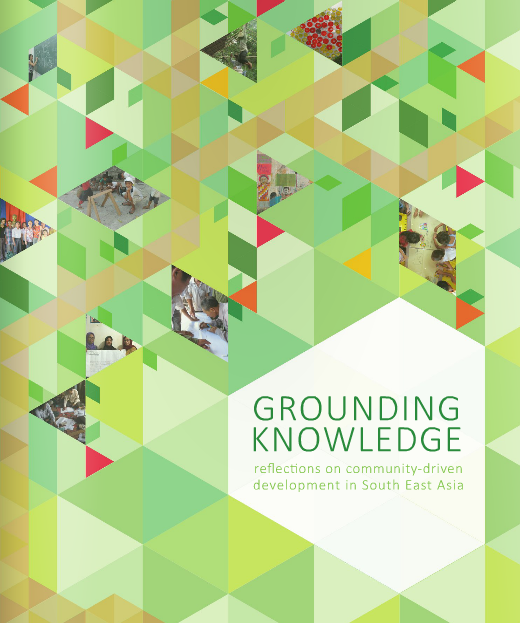
February 2014
Grounding Knowledge: Reflections on Community-Driven Development in South East Asia
A collection of essays recounting the experiences and learnings from the first class of the DPU/ACHR Junior Professionals Programme. Grounding Knowledge: reflections on community-driven development in South-East Asia tells the stories of DPU alumni who spent six months working with communities in Cambodia, Indonesia, the Philippines and Vietnam. During six months of immersion, the interns supported mapping, planning and design processes and debated issues of housing and land rights. Through this experience they shared lives, perspectives, values and stories with communities across South-East Asia.
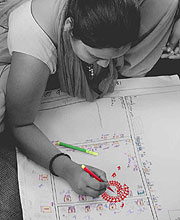
May 2013
Community Mapping
Size: 16766MB
Why are maps important for us? A map for us is like an x-ray for a doctor. For us, who are development workers, if we do not know what exists in any settlement or any city, then there is a fear that we might do something which the government has already done - sometimes even something already done and already financed by the ADB, the UN or the World Bank! When they take up a project in a new place, they don't have any idea if there is a telephone line, a water line and they want to lay a sewerage line. So in the process of laying that sewerage line, they cut everything else. So that is why for us, a map is like an x ray that tells us what the problem is, so we can resolve it.
12

